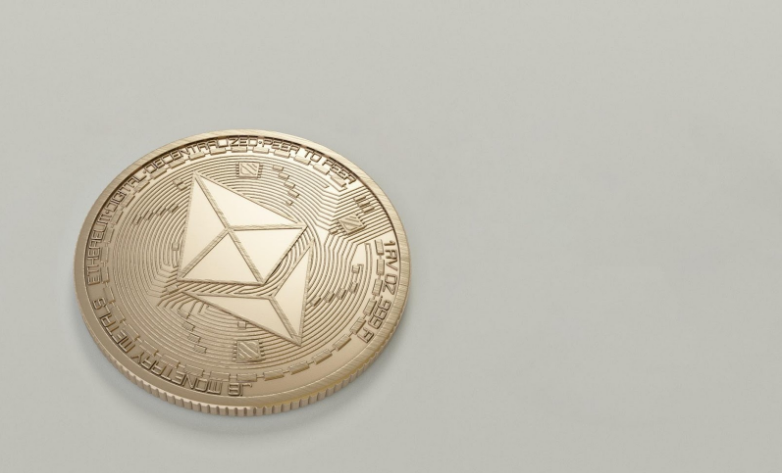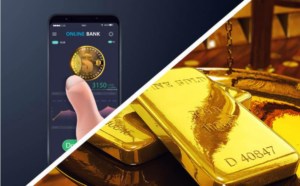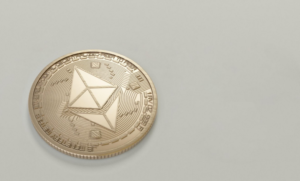
Navigating the world of cryptocurrencies is a bit of a difficult task. For one thing, there are a bunch of different types of them. Additionally, though, knowing how to use crypto as well as what we can actually spend it on is kind of a challenge.
Today, we’re here to discuss some of the uses for Ethereum in particular, along with ways we can purchase it without needed access to a debit or credit card. Most folks assume that’s the only way to buy it, but there’s a certain risk involved with giving personal information for purchases like that.
Instead, these days you can utilize NFTs to gain access to the Ethereum blockchain. Now, if all of this sounds confusing so far, don’t worry. We understand, and we’ll do our best to explain it. For now, you may want to read a resource like this one before continuing.
What is Cryptocurrency?
Cryptocurrency, commonly referred to as “crypto” is just a fancy word for any type of currency that only exists on a digital platform. The “crypto” bit comes from the fact that transactions are encrypted to protect the security of the holders, although even this can be compromised sometimes.
There are several types of crypto currently “active,” but it’s good to keep in mind that just because you can buy some doesn’t mean that retailers will accept it. Many influencers and celebrities have launched ones like “doge coin” that don’t get much traction. So, it’s important to educate ourselves about which ones are trustworthy.
What is Ethereum?
With crypto established, let’s take a moment to examine Ethereum in more depth. A common misconception is that Ethereum and ETH are the same thing, but this isn’t the case. The latter is the type of cryptocurrency that was made using Ethereum, but on its own, it’s a platform that allows users to create digital tech that’s secured.
Typically, it’s used for making NFTs, which we’ll cover further in the next section. For now, let’s keep examining what Ethereum can be used for. As far as the software that is connected to the blockchain goes, it’s the most popular one for many businesses and developers. It’s what the platform was created for, so that’s not a huge surprise.
Because it’s a decentralized platform (meaning that there aren’t any governments involved in it), there are a lot more possibilities than in the highly regulated stock market. Anyone looking to get involved in NFTs and digital currencies will probably end up familiar with Ethereum at some point.
What are NFTs?
With crypto and the platform of Ethereum covered, we can turn our attention to NFTs. It’s an acronym that stands for non-fungible token, but that doesn’t necessarily explain things. The most important thing to note about NFTs is that each one is fundamentally unique – they can’t be replicated.
Each of them has a special ID code as well as unique metadata along their place in a blockchain, which is how they each unique to themselves. This is further covered here: https://nftpay.xyz/ethereum/, if you want to see some examples of how that works using the Ethereum platform.
When it comes to non-fungible tokens, there are a few things that you’ll want to keep in mind before you buy. For one thing, they are only worth what someone is willing to pay for them. In that sense, they might be somewhat risky unless you’ve become quite familiar with the market and know that you’ll be able to liquidate in the future if you need.
Thankfully, they do have that built-in security that means they can’t be replicated or stolen because they have their own identification numbers and such in the blockchain. Even if two look aesthetically the same, they aren’t actually interchangeable because of this, so make sure to consider that if you’re planning on investing in NFTs at any point.
How are NFTs and Ethereum Related, though?
If you’ve ever considered selling NFTs but you weren’t sure where to start, then option through Ethereum may be something to look into. We mentioned a few resources above if you’re looking for a launching point, but a common problem that many of us run into along the way is that both us and our customers will need a cryptocurrency wallet. At least, this is the case in most circumstances.
However, these days there are platforms that allow you to host your non-fungible tokens, and buyers won’t need a wallet. Often, you can customize the ways you accept payments, so you won’t have to connect anything to your own credit or debit card if you don’t want. Customers will still be able to use theirs to buy the tokens, though, which is a pretty big deal.
Now, if you’re wondering why that’s such a huge innovation in this field, it’s largely because obtaining a crypto wallet isn’t exactly easy. There are a ton of roadblocks along the way, and trying to explain what Metamask is along with how to keep a wallet safe and secure can be troublesome. This is especiallytrue if you’re in the midst of trying to make a sale.
The ability to allow anyone interested in our NFTs to just buy with a credit or debit card is invaluable in comparison. So, if you’re just launching your token shop off the ground or have been considering it for a while, this may be something to put on your radar.
At the end of the day, cryptocurrencies are still relatively new when we consider the big picture of investing. NFTs are rather fresh in particular since they haven’t been around that long. As long as we exercise some caution when we get into business that’s related to these tokens, then there’s really no reason not to give it a try.
Hopefully, we’ll start to see more research done on the subject soon. In the meantime, we can watch other crypto investors and NFT creators to see the results in real-time, and we can even get involved as well!





